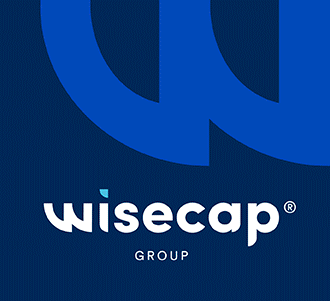The WPO presents World Star Packaging Awards every year to what are considered by independent experts to be the best packaging solutions and applied technological innovations.
XTREME Renew technology is unique in the world in its ability to produce bottles, suitable for food contact and with properties as good as those of bottles produced from virgin PET, directly from flakes of post-consumer scrap, in a single heat cycle. It first went into commercial operation at the end of last year: EREMA and SIPA collaborated with two Japanese partners – also cited for the award – Kyoei Industry (a major recycling company) and Suntory (one of the largest beverage producers in the world) on an installation in Kasama in Japan. The system can produce over 300 million containers per year.
The system uses EREMA technology to convert conventional washed bottle flakes into decontaminated melt-filtered PET food-grade melt with an increased viscosity (IV), which then is directly fed to a SIPA XTREME injection-compression preform molding plant (unlike other molding systems on the market that have to start from pelletized material called RPET). Containers produced from the preforms boast a high level of aesthetics, thanks to the elimination of an entire melting process that could otherwise cause yellowing in the resin.
“This is a solution that represents the perfect response to the requirements of the new circular economy,” says Gianfranco Zoppas, President of SIPA parent company Zoppas Industries. “Waste reprocessing is rendered sustainable and economical while producing new products of the highest quality. This innovative technology uses 30% less electricity than traditional recycling processes, thanks largely to systems integration, while CO2 emissions are cut by 25% – a massive 60% when you compare it to bottle production from virgin resin.
"I am particularly honored that this Austro-Italian green technology has received important international recognition. It has already had such a success in Japan that our partners there are even now thinking of two additional installations that will triple the production capacity to up to almost a billion RPET bottles per year."





